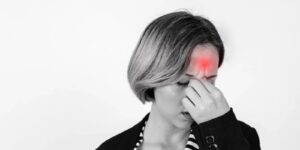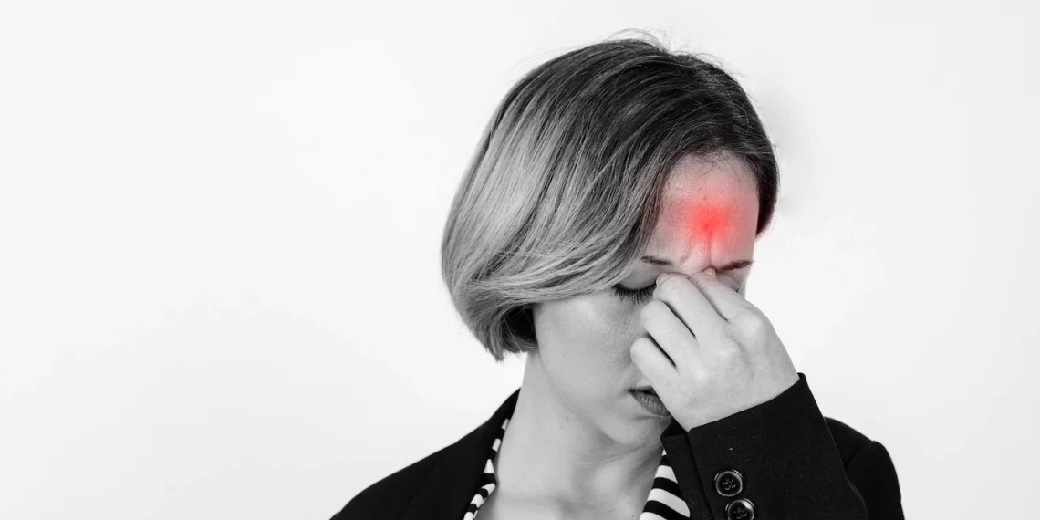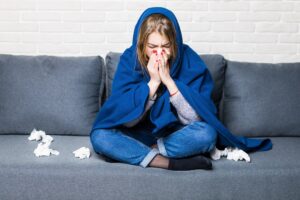 What remedies are most likely to overcome the symptoms of colds and acute respiratory viral infections? How to protect yourself from this seasonal ailment and how to effectively treat it at home? Before the cold season begins, it is advisable to refresh your memory with relevant information and receive effective advice.
What remedies are most likely to overcome the symptoms of colds and acute respiratory viral infections? How to protect yourself from this seasonal ailment and how to effectively treat it at home? Before the cold season begins, it is advisable to refresh your memory with relevant information and receive effective advice.
How not to get sick: prevention of colds and SARS
The best strategy for colds and acute respiratory viral infections is to take measures to prevent them. Here are the main tips from experienced doctors to prevent colds:
- When the cold season comes, follow the rules of personal hygiene especially carefully. Wash and disinfect your hands after visiting all public places: viruses are sensitive to disinfectants, this will reduce their spread through hands.
- When sneezing and runny nose, use paper tissues. Always try to use a tissue when you sneeze to prevent the spread of infection.
- Ventilate the room 2-3 times a day for 15-20 minutes. Most often, people get infected in the autumn-winter period, when they stay indoors for a long time.
- Avoid smoking. Air containing tobacco smoke strongly irritates the lining of the nasopharynx and lungs, and a smoker will be more prone to infection.
Carry out wet cleaning of the premises – twice a day. - If you are sick, stay home. This is good for you too, because you will recover faster and for those around you, you will not be a “walking source of infection” for others.
- Eat right: eat as many berries, fruits and vegetables as possible, which are rich in vitamin C, such as raspberries, gooseberries, currants, parsley, spinach, onions, kiwi, grapefruit.
- Useful products during a cold are garlic, ginger, turmeric, cloves – they contain essential oils, phytoncides and other components that help the body not get sick.
- Prevention of any diseases are measures aimed at strengthening the immune system, and these are:
a balanced diet;
regular sports activities;
enough time for rest;
prevent the development of chronic stress.
We debunk the myth about disposable medical masks: use them correctly!
During the epidemic, you probably met people on the street walking with disposable masks? Many of us believe that this way we can protect ourselves from infections. But:
do not wear a mask outdoors, it is absolutely unnecessary, especially on a sunny, cold day, because viruses are quickly destroyed in the air under the influence of solar radiation;
an effective hygienic mask protects against viruses for only half an hour, then it “wets” and becomes an ordinary material that rather prevents you from breathing fresh air.
The main symptoms of colds and SARS. How to recognize the disease?
So, if you still get sick, how do you recognize the main symptoms of colds and SARS?
Symptoms of flu-like conditions and acute respiratory viral infections:
temperature ≥38 C°;
nasal congestion and nasal discharge;
cough (dry or wet);
Sore throat;
general weakness, fatigue
Influenza is a dangerous viral disease that requires special attention. There are rapid tests to confirm the diagnosis of influenza.
It is necessary to consult a doctor when:
temperature above 39°C;
pale skin with chills (so-called “white” fever);
breathing disorders;
severe headache, signs of poisoning;
dizziness, loss of consciousness.
Currently, the most effective way to combat influenza epidemics worldwide is vaccination. The World Health Organization monitors the quality of such vaccination programs. 2019-2020 a vaccine containing a combination of inactivated A and B viruses, namely influenza A(H1N1)pdm09 and B/Yamagata (WHO data), is relevant in the northern hemisphere.
Effective treatment of colds and SARS for children and adults
Children and the elderly are most often affected. Adults usually “carry” the disease and become the main source of infection for others. The evidence for the effectiveness of many antiviral drugs in the treatment of influenza, for example, is conflicting, with the WHO only recognizing the effectiveness of the active substances oseltamivir and zanamivir. At the same time, it is necessary to remember their toxic effect on the liver, so when prescribing these drugs, doctors always consider the risks compared to the expediency of using an antiviral drug.
The best strategy is to prevent disease, strengthen immunity, and when you do get sick, treat it quickly and effectively to avoid complications.
We give you the opportunity to rate our content. Click on the star to rate!













